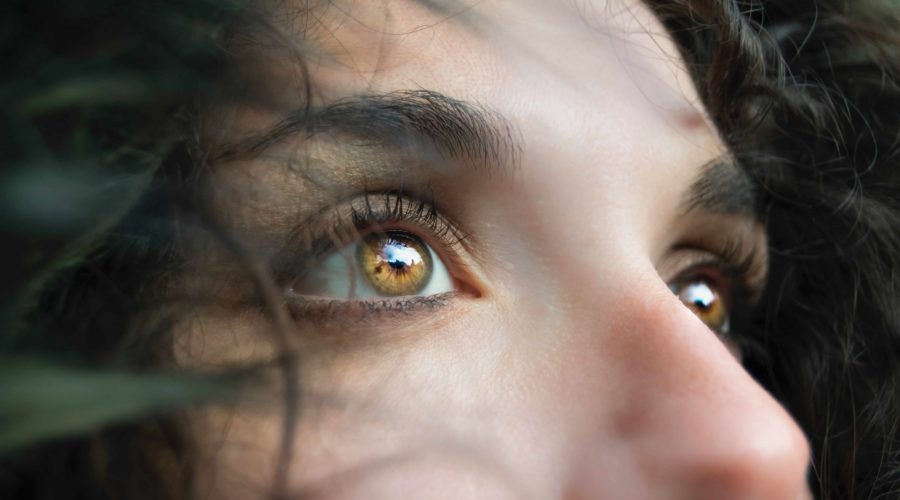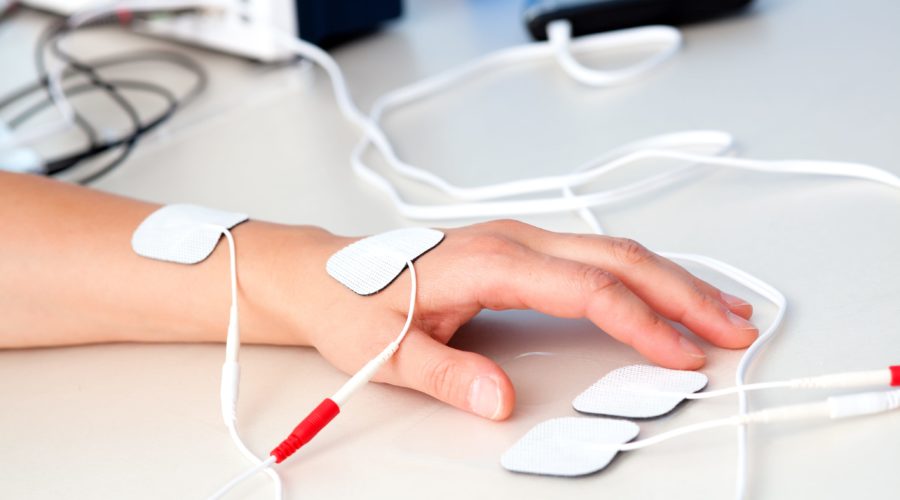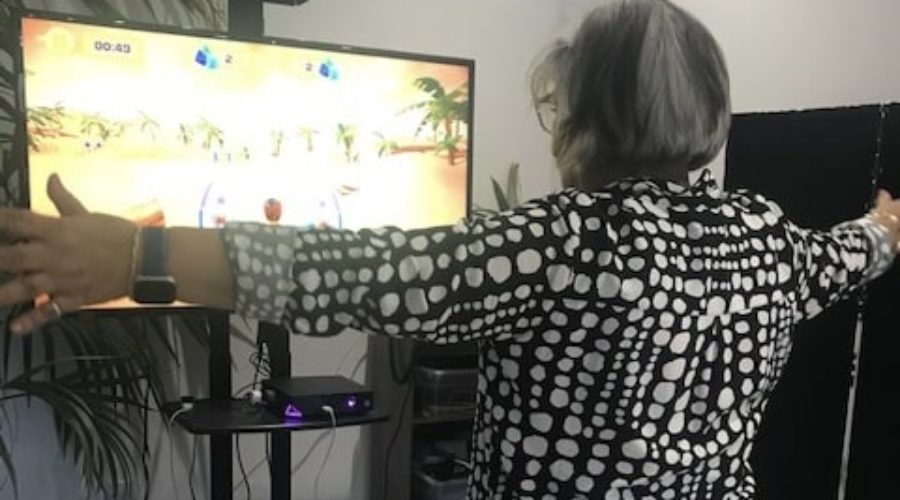Did you know that stroke is the largest cause of disability in the UK?
This is especially important to me because I had a massive double stroke in September 2020, and I think this is a good time to share my story in the hope that it will be interesting at the least and raise awareness. I will be so pleased if I can help even one of you who is reading this. Cast your mind back to September 2020. The pandemic was in full swing. We were all working from home and weren’t allowed to leave our houses much. Early that month, there was a brief lifting of the lockdown restrictions. I only […]



